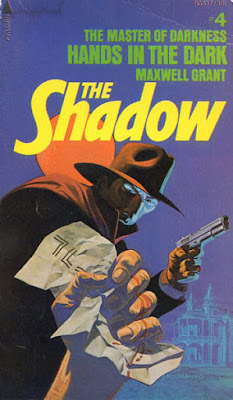Batman and Robin (1997), starring George Clooney, Chris O'Donnell, Uma Thurman and Arnold Schwarzennegger. Written by Akiva Goldsman. Directed by Joel Schumacher.
TIM SAYS:
Okay, I'M supposed to be the Comic Book Person in this marriage! But I had never seen Batman and Robin. It's reputation was bad and we live in an age where there is no shortage of superheroes in popular culture, so I figured "Why bother?"
But Angela wanted me to give it a shot. We are both fans of the Adam West Batman series, enjoying its campiness and humor. Angela felt that Batman and Robin was a throwback to that campiness. If one watched the movie with this mindset, she argued, it was very enjoyable.
And it turns out she was right. The movie does have its flaws. Alicia Silverstone's Batgirl was sort of sandwiched into the story without her really needing to be there (though she was otherwise a fun character). And the nipples on the Batman and Robin suits are inexcusable.
But the rest of the movie is indeed fun. Thurman and Schwarzennegger in particular deserve credit for over-acting in a glorious fashion, delivering one-liners in just the right tone. Thurman seemed to play Poison Ivy in much the same way Julie Newmar played Catwoman in the TV series.
The action scenes were fun in the appropriate over-the-top way, as was the unique design of Gotham City. It was all a perfect fit for the campy tone of the film.
There is one portion of the movie that does work on a more human level. Alfred the butler's father/son relationship with Bruce Wayne hits just the right emotional notes. It provides some moments of real sincerity amongst the overall silliness.
I like dark, serious Batman as much as any other Bat Fan. I maintain the most perfect portrayal of the character was in the comic books in the Denny O'Neil/Neil Adams stories of the 1970s. (Those of you who know Comic Book History know what I'm talking about. The rest of you don't matter.)
But Adam West was--in his unique way--also a perfect Batman. If you look at Batman and Robin as a tribute to that show, it suddenly turns into a really good movie.
ANGELA SAYS:
















